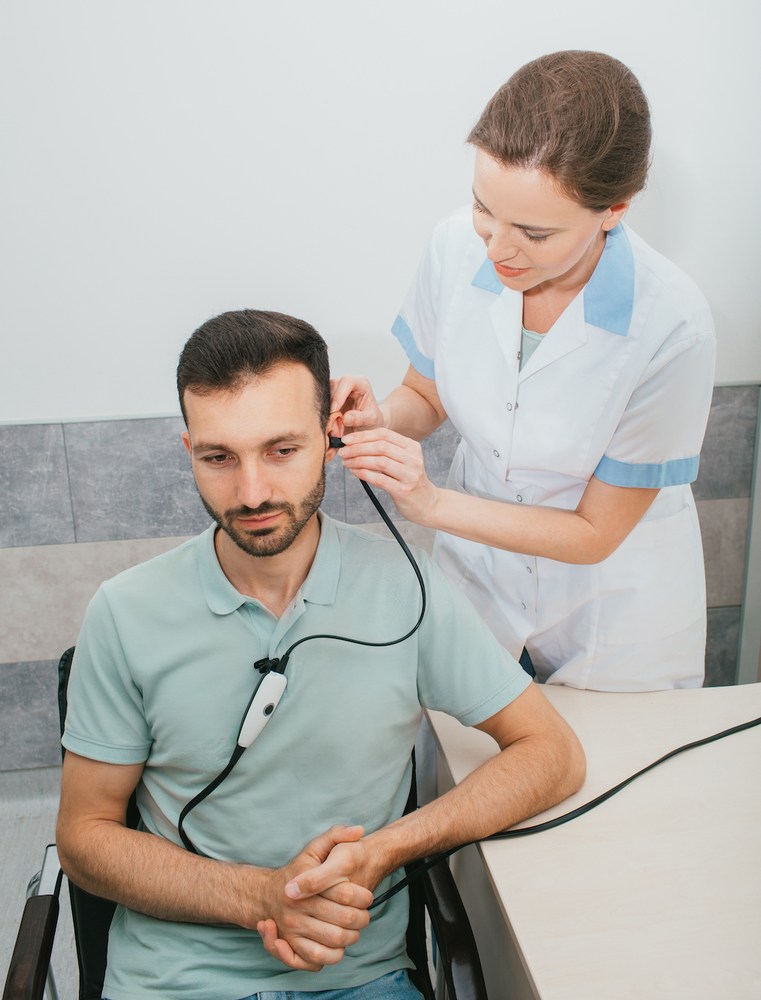The Impact of Noise Pollution on Hearing Health
Preserving our hearing health is a topic that doesn’t get as much


Preserving our hearing health is a topic that doesn’t get as much

Hearing aids have come a long way, transforming from simple sound

A decline in hearing ability can impact one’s daily life, making